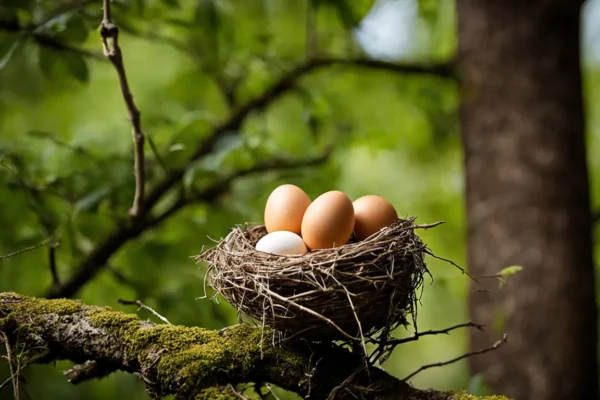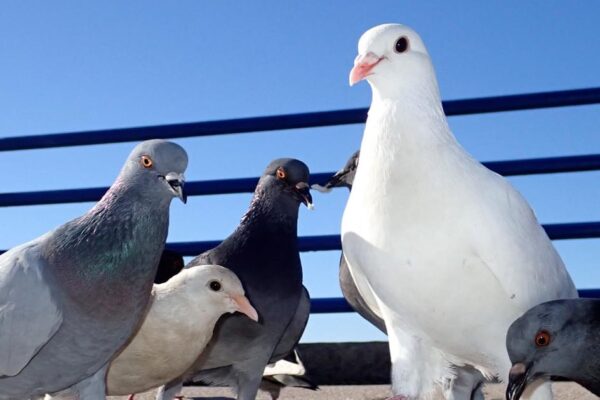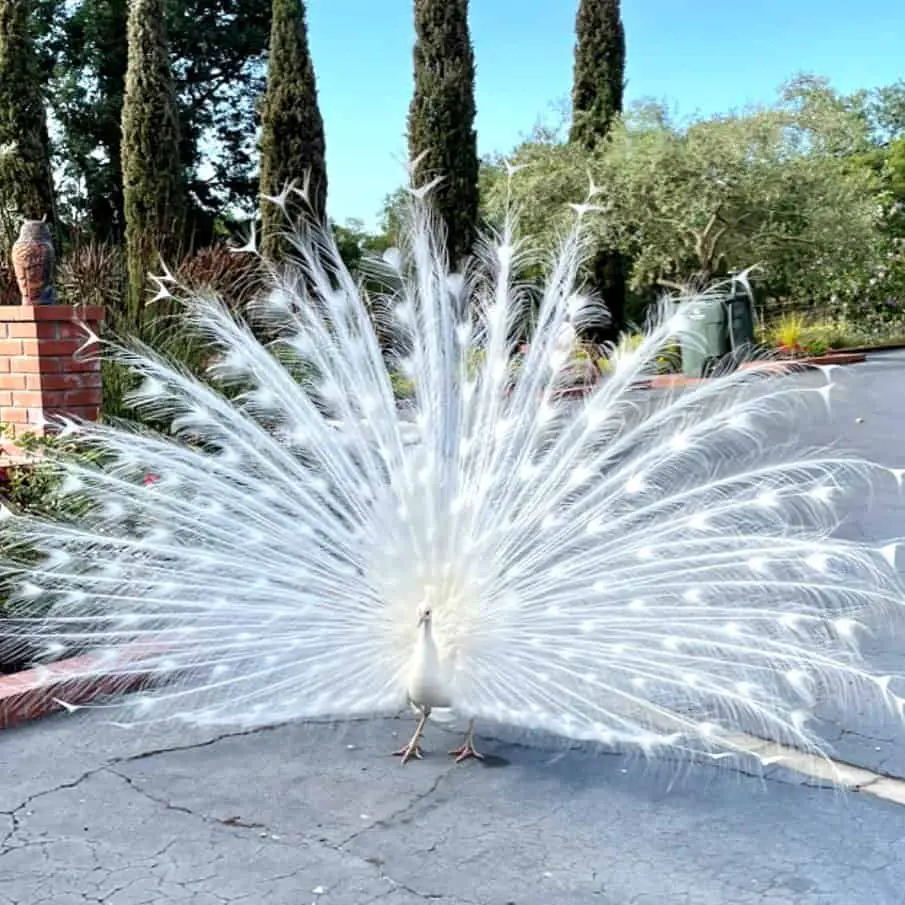Perhaps more famous for their keen vision and hearing than their strong sense of smell, birds are famed for these senses. It is typically rather simple to see that birds do, in fact, have nostrils, called nares, which enable them to take in both air and smells, if you examine their beaks attentively. Can birds smell if they have nostrils?
For generations, people had believed that birds relied only on their sense of sight to see and comprehend their surroundings, lacking the ability to smell. Researchers have already shown that a large number of bird species indeed possess a sense of smell, and for some, that sense is very important to their daily behavior.
The claim that birds have a weak or nonexistent sense of smell is still included in many bird textbooks and other sources. This has generated a lot of discussion, and scientists are now working to “rewrite the history books.” Many birds have six senses in addition to their sense of smell: taste, smell, vision, hearing, touch, and the ability to perceive magnetic fields.
Continue reading to learn more about how and why birds smell, as well as the reasons for the controversy surrounding this issue!
Do all birds have a sense of smell?
Although the methods in which different species utilize their sense of smell vary greatly, there are some clear indicators that many birds use some degree of scent in their daily activities.
It has been noted, for instance, that many birds will not approach their nests if they detect the scent of a predator. One such species is the Blue Tit, which avoids the scent of weasels.
Due to their tiny and weak eyes, kiwis and other ground-feeding birds are known to detect and feel their food amid the undergrowth instead of seeing it. Albatrosses can find food on the huge ocean without having to see it because they can detect the scent of floating carrion up to 12 miles away.
Among the most fascinating instances are European Starlings, who can differentiate between various herbs based only on scent and would deliberately choose and leave certain scented plants near their nests in order to draw in females.
The methods in which birds use their sense of smell are currently being investigated by researchers, and a lot of this information has come to light in recent years.
Do avian species possess snouts?
Not quite, but nares are the name for the nostrils of birds. They smell via their nares, which also carry air into their respiratory system, rather than through the same nose structure as mammals.
Similar to other animals, any odors carried by the air are detected by nerves as they pass through the nasal canal and are then translated into electrical impulses that are detected by the brain.
What scent do birds have?
Because they lack lungs like mammals, birds take in the air via their nares. En route to their breathing sacs, scents are probably detected by olfactory nerves and transported to the brain.
The fact that a bird’s sense of smell varies greatly throughout species and isn’t always correlated with the size of the olfactory bulb—the primary brain structure linked to smell—is among its most unusual characteristics.
Larger olfactory bulbs aren’t always associated with a stronger sense of smell in birds, despite popular belief to the contrary. Certain birds, such as the Dark-eyed junco, have been directly seen to use their sense of smell. These birds really possess minuscule olfactory bulbs.
Therefore, even while birds most likely use some of the same basic processes as other animals to smell, there are some significant distinctions that science is still mostly unable to explain.
How is the ability of birds to smell known?
In order to determine if birds could smell, renowned naturalist and ornithologist James Audubon designed an experiment in the 1820s. He tested the efficacy of the stinky bait by dragging a rotting hog corpse into a field and saw that wild Turkey vultures did not come near it.
Actually, Turkey vultures are only attracted to carrion that has just decayed—typically, within the previous 24 hours. The carcass Audubon had given them was much too rotten; paradoxically, the smell probably turned off the vultures.
The 1820s scientific method was undoubtedly less rigorous than modern methods, and as a result, the conclusion that “birds cannot smell” was included into the ornithology curriculum.
Many studies conducted in the modern era have shown that birds do, in fact, have senses of smell, and that some species frequently use them for mating, courting, and other activities in addition to survival.
Though the data is apparent, textbook answers like “birds can’t smell,” “birds don’t need to smell,” or “don’t rely on their smell” are nevertheless often seen.
Are avian seeds odorous to wild birds?
Since seeds don’t have a strong scent, it’s likely that most birds aren’t able to detect wild bird seeds. Rather, they are probably aware of any movement at the table or bird feeder since they have connected it to food.
Do birds have a sense of smell?
There is a long-standing misconception that birds would flee from their nests, eggs, or young if they detect or smell human presence. While it is generally discouraged to disrupt nesting birds until necessary, most birds are oblivious to inadvertent or innocuous intervention.
It’s more likely that birds don’t link certain smells with danger rather than that they can’t smell or perceive things. On the other hand, some bird species might forsake their nest to build a new one in a safer area if the weasel was scrounging about in a bird’s nest and left behind its distinctive fragrance.
This demonstrates that while fragrances may provide information to birds, correlations between odors and risk are still quite particular.
Do birds have a sense of smell?
While sight is the primary means of hunting and gathering food for most birds, several species also rely on their sense of smell.
A number of bird species, including vultures, albatrosses, kiwis, and parrots, have been shown to smell food.
whereas foraging, parrots identify various fruits and berries, whereas albatrosses can detect floating carrion up to a distance of 12 miles.
Given that kiwis have among of the worst vision of any bird, they utilize scent to find food, while vultures use scent to determine how rotten a carcass is.
Though many birds are olfactory hunters, this may not be their primary means of detecting and locating food.
Do birds have no smell?
Birds routinely groom themselves and are highly sanitary. Some do, however, release oils and other substances that help maintain the condition of their feathers, and these may smell strong.
There are several bird nests that smell strongly. However, birds are essentially odorless creatures; even a healthy bird’s droppings often have a faint odor.




![13 birds with mud nests [With Images]](https://birdsology.com/wp-content/uploads/2022/09/25-600x400.jpg)

